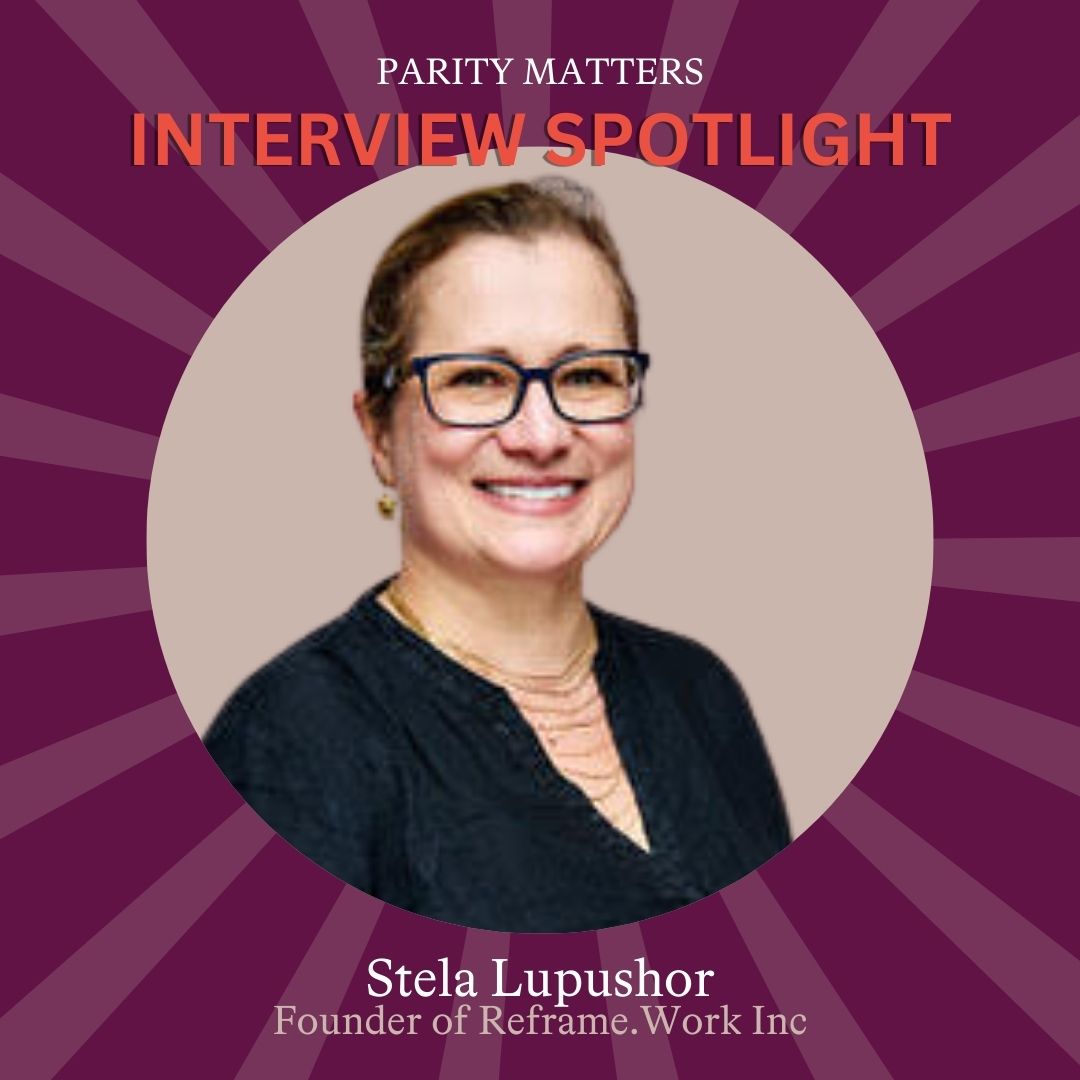
Stela Lupushor, Founder of Reframe.Work Inc. I am on a mission to humanize the workplace. My work focuses on helping organizations transform workplace practices to enable all talent to thrive and reach their full potential. Through my consulting, research, writing, and speaking engagements, I help organizations design human-centered workforce strategies that create fair access to opportunities and supportive work environments. My books Humanizing Human Capital and Humans at Work explore evidence-based approaches for organizations to invest in their people in ways that drive both individual fulfillment and business success.
I’m fascinated by how organizations are adapting their business models and work structures as AI capabilities continue to get better and better. We’re witnessing a fundamental reimagining of everything we know about knowledge work – ways of working, roles, performance metrics, and skill development approaches. What excites me most is the opportunity to design work experiences that are personalized, more engaging, and sustainable for everyone. The companies that successfully blend emerging technologies with human-centered design will create competitive advantages through their people – making work better while delivering stronger business outcomes.
Sponsorship has been transformative in my career journey. Beyond mentorship, having leaders who actively advocated for me when important career decision were being made created opportunities I might not have accessed otherwise. These sponsors didn’t just open doors—they encouraged me to take risks and bring my authentic perspective to the table, even when it challenged me a lot. Now, I prioritize paying this forward by actively supporting others, particularly those whose potential might be overlooked in traditional context.
I define parity as ensuring everyone has equivalent opportunities to succeed based on their talents, skills, and contributions—not limited by factors unrelated to their capabilities. True parity exists when advancement pathways, recognition systems, and leadership opportunities are accessible to all qualified individuals. It’s about creating workplaces where talent and contribution determine one’s ability to succeed and lead. This isn’t just about fairness—it’s about unlocking the full potential of an organization’s talent pool.
That business performance and inclusive practices are complementary, not competing priorities. The era of workforce management like supply chain management—where people are simply interchangeable resources to be optimized—is over. We now have the tools, analytics, and AI capabilities to create personalized, humanized environments where people can be productive without being bogged down by unnecessary bureaucracy and outdated processes.
When organizations design their systems to enable all qualified people to contribute fully, they tap into broader talent pools, different perspectives, and increased innovation. This is a core element of building resilient, adaptive organizations that can thrive amid the constant change around us. The most successful companies understand that how people experience their work directly influences their level of engagement, performance, and retention. Humans at work want and need humanized experiences!
Humanizing Human Capital: https://www.humanizinghumancapital.com
Humans at Work: https://www.koganpage.com/product/humans-at-work-9781398604230
I also share insights regularly on LinkedIn: https://www.linkedin.com/in/slupushor/
Stela Lupushor, Founder of Reframe.Work Inc. is on a mission to humanize the workplace. Lupushor’s work focuses on helping organizations transform workplace practices to enable all talent to thrive and reach their full potential.